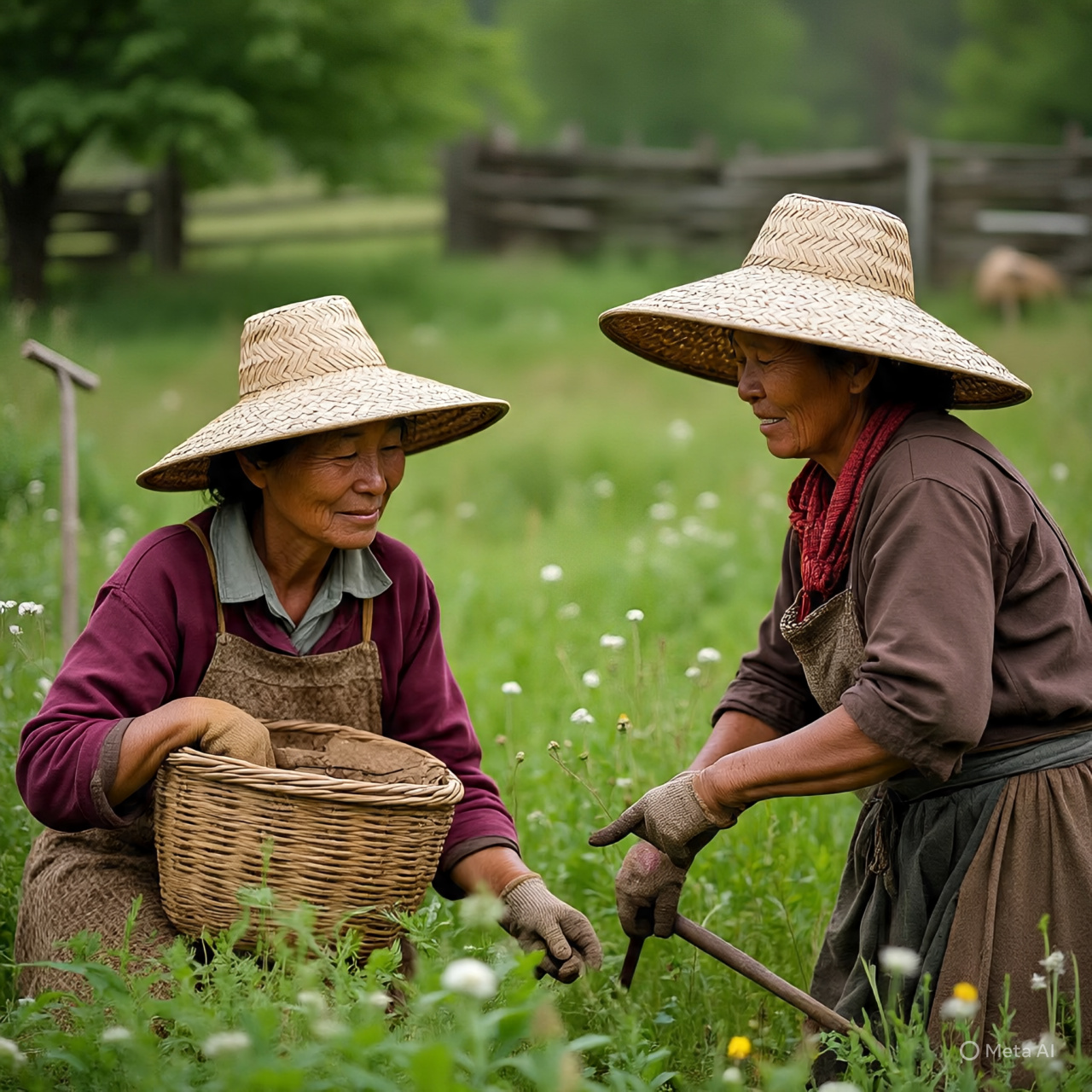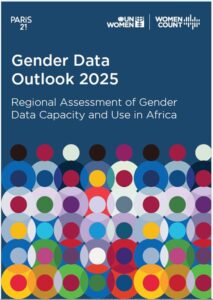The significance of rural women, their contribution to development through the role they play in Agriculture reinforces the importance of Gender Equality
International Day of Rural Women was established by the United Nations General Assembly to honor the strength, resilience, and sacrifice of rural women, the silent pillars sustaining families, feeding nations, and driving rural economies despite facing adversity.
Rural women are farmers, traders, caregivers, and community leaders who nurture both the land and their people, often at great personal cost. They are the heartbeat of agricultural production and rural life, yet their efforts frequently go unnoticed and undervalued.
Globally, rural women make up over 40% of the agricultural labor force and represent nearly one-quarter of the world’s population, according to the Food and Agriculture Organization (FAO). Studies show that if women had equal access to land, credit, and modern tools, their farm yields could rise by 20–30%, potentially reducing world hunger by up to 150 million people.
In Nigeria, rural women form the bedrock of agricultural and household food systems. An estimated 60–65% of Nigerian women live in rural areas, contributing up to 70% of the agricultural labor force, yet owning less than 10% of the land, according to the National Bureau of Statistics (NBS, 2022).
Despite their indispensable role, many rural women face systemic barriers, limited access to education, loans, and technology, as well as exclusion from decision-making spaces. The situation is especially critical in the North East and North West, where climate change, desertification, flooding, and insecurity have worsened poverty and displaced thousands.
For many, small-scale farming, livestock rearing, and petty trading remain the only means of survival. Yet, even amid displacement and uncertainty, rural women continue to rebuild, forming cooperatives, adopting climate-smart agricultural practices, and supporting one another through local savings groups. Their resilience is a quiet revolution, a story of courage and hope that continues to sustain their families and communities.
Recognizing these challenges, governments, UN agencies, and local organizations have initiated programs to promote rural women’s empowerment and inclusion.
– UN Women, FAO, and UNDP have collaborated with Nigerian partners to provide training in climate-smart agriculture, digital literacy, and financial inclusion.
– The National Gender Policy in Agriculture (2019) seeks to ensure women’s equal access to land, finance, and agricultural decision-making.
– The Agricultural Transformation Agenda (ATA) and National Home-Grown School Feeding Programme (NHGSFP) have helped rural women supply local produce to schools, generating income and reducing food waste.
– Local NGOs such as Women Farmers Advancement Network (WOFAN) and ActionAid Nigeria have supported displaced and vulnerable women with grants, farm inputs, and recovery initiatives.
Through these interventions, more women are gaining access to mobile technology, enabling them to receive real-time market and weather updates, vital tools for improving productivity and sustainability.
The International Day of Rural Women is more than a commemoration; it is a call to justice. Empowering rural women is essential not just for equity but for economic growth, food security, and environmental resilience.
By investing in education, healthcare, land ownership, and digital access, we unlock women’s full potential to lead change in their communities.
When women thrive, families eat better, children stay in school, and economies grow stronger.
Rural women embody the power of resilience, sacrifice, and hope. Their determination amid hardship is a beacon of what is possible when courage meets opportunity. Celebrating them today means recommitting to building a future where every woman, regardless of where she lives, can live with dignity, equality, and the freedom to succeed.
Ajijir Martin Rosemary Obiasogu
Yola, Adamawa State. Abuja, Nigeria.
Nigeria









